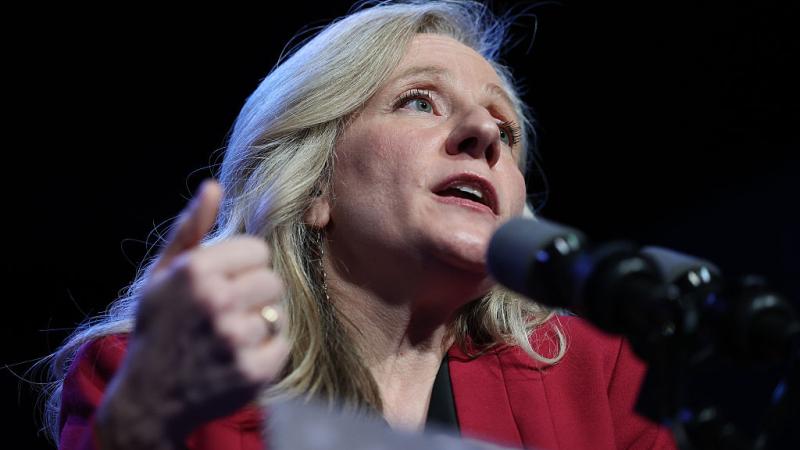White House says House bill to ban Strategic Petroleum Reserve sales to China addresses 'non-issue'
The act regulating Strategic Petroleum Reserve sales to China passed the House earlier this month in a 331–97 vote.
The White House said President Biden will veto a House bill regulating U.S. Strategic Petroleum Reserve withdrawals and said that a bill banning the sale of oil from the reserve to China addresses a "non-issue."
Energy Secretary Granholm said Monday that such proposals risk raising gas prices and are "simply nonstarters," according to the official White House transcript.
"So I’ll be very clear: If Congress were to pass H.R. 21 (the Strategic Production Response Act), the president would veto it. He will not allow the American people to suffer because of the backwards agenda that House Republicans are advancing."
The act was introduced in the House earlier this month. It would require the Energy Department to develop a plan to increase the percentage of federal areas leased for gas and oil production before releasing oil from the reserve.
When asked about the Protecting America’s Strategic Petroleum Reserve from China Act at the same briefing, press secretary Karine Jean-Pierre said: "So, look, I think this is a little bit of what the Secretary was talking about just moments ago. This bill addresses a non-issue; we’re very clear on that. We focus — we’re focused on advancing legislation that would lower costs for American families, not raise them."
The bill on China passed the House earlier this month in a 331–97 vote, with the only "Nays" coming from a minority of Democrats.
Granholm touched on an increase in oil demand from China as the country eases COVID restrictions.
"The whole point of this is that this Strategic Petroleum Reserve is a tool that we have, that we can control. We may not be able to control the weather. We may not be able to control what happens at OPEC+ or China. But we can control what we have access to, and that’s why this tool is so incredibly important," she said.
Granholm said that if Biden were to sign the Republican-led act into law, "prices would go up because we would have lost this tool," which she said is the reserve's ability to "provide supply."
The White House began tapping in to the reserve in March, just one month after Russia invaded Ukraine. By July, stockpiles reached their lowest levels in nearly four decades.














